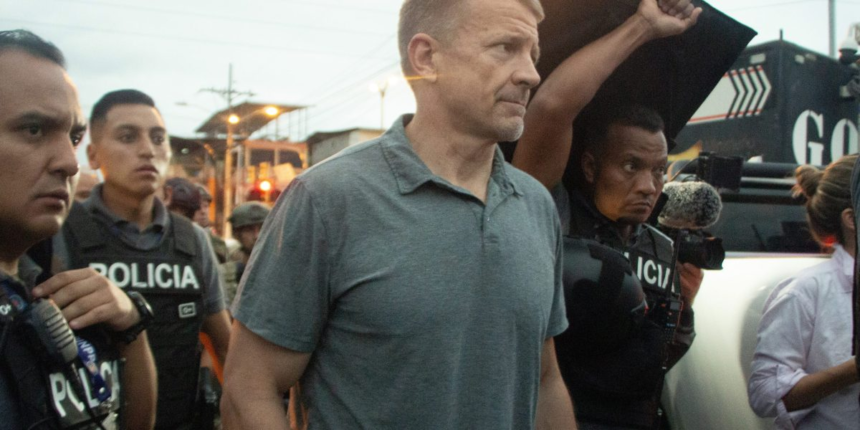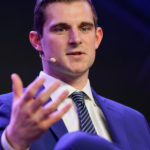The deployment by Vectus Global is meant to help the government of Haiti recover vast swaths of territory seized in the past year and now controlled by heavily armed gangs, said the person, speaking to The Associated Press on condition of anonymity to discuss the plans.
The deployment was first reported by Reuters.
Vectus Global also will assume a long-term role in advising Haiti’s government on how to restore revenue collection capabilities once the violence subsides, the person said.
In June, Fritz Alphonse Jean, then-leader of Haiti’s transitional presidential council, confirmed that the government was using foreign contractors. He declined to identify the firm or say how much the deal was worth.
Romain Le Cour Grandmaison, head of Haiti Observatory at the Global Initiative Against Transnational Organized Crime, said the operations would violate U.S. law unless the U.S.-based private military company had permission from the U.S. government to work in Haiti.
“In the absence of a coherent, jointly led Haitian and international strategy, the use of private firms is more likely to fragment authority and sovereignty than to advance resolution of the crisis,” he said.
A Trump administration official said the U.S. government has no involvement with the hiring of Vectus Global by the Haitian government. The U.S. government is not funding this contract or exercising any oversight, said the official, who requested anonymity to discuss the situation.
The office of Haiti’s prime minister did not return a message for comment, nor did members of Haiti’s transitional presidential council.
The U.N.-backed mission has 991 personnel, far less than the 2,500 envisioned, and some $112 million in its trust fund — about 14% of the estimated $800 million needed a year, according to a recent U.N. report.
Paraison once served as head of security for Haiti’s National Palace and was involved in a new task forced created earlier this year made up of certain police units and private contractors. The task force has operated outside the oversight of Haiti’s National Police and employed the use of explosive drones, which some human rights activists have criticized.
Diego Da Rin, an analyst with the International Crisis Group, said that while there’s an obvious need for more anti-gang operations, “there is a risk of escalating the conflict without having enough personnel to extinguish the fires that Viv Ansanm can ignite in many places.”
“Viv Ansanm has a military might that they don’t always show,” said Da Rin, the analyst.
At least 1,520 people were killed and more than 600 injured from April to the end of June across Haiti. More than 60% of the killings and injuries occurred during operations by security forces against gangs, with another 12% blamed on self-defense groups, according to the United Nations Integrated Office in Haiti.
___
Associated Press writer Joshua Boak in Washington contributed to this report.









